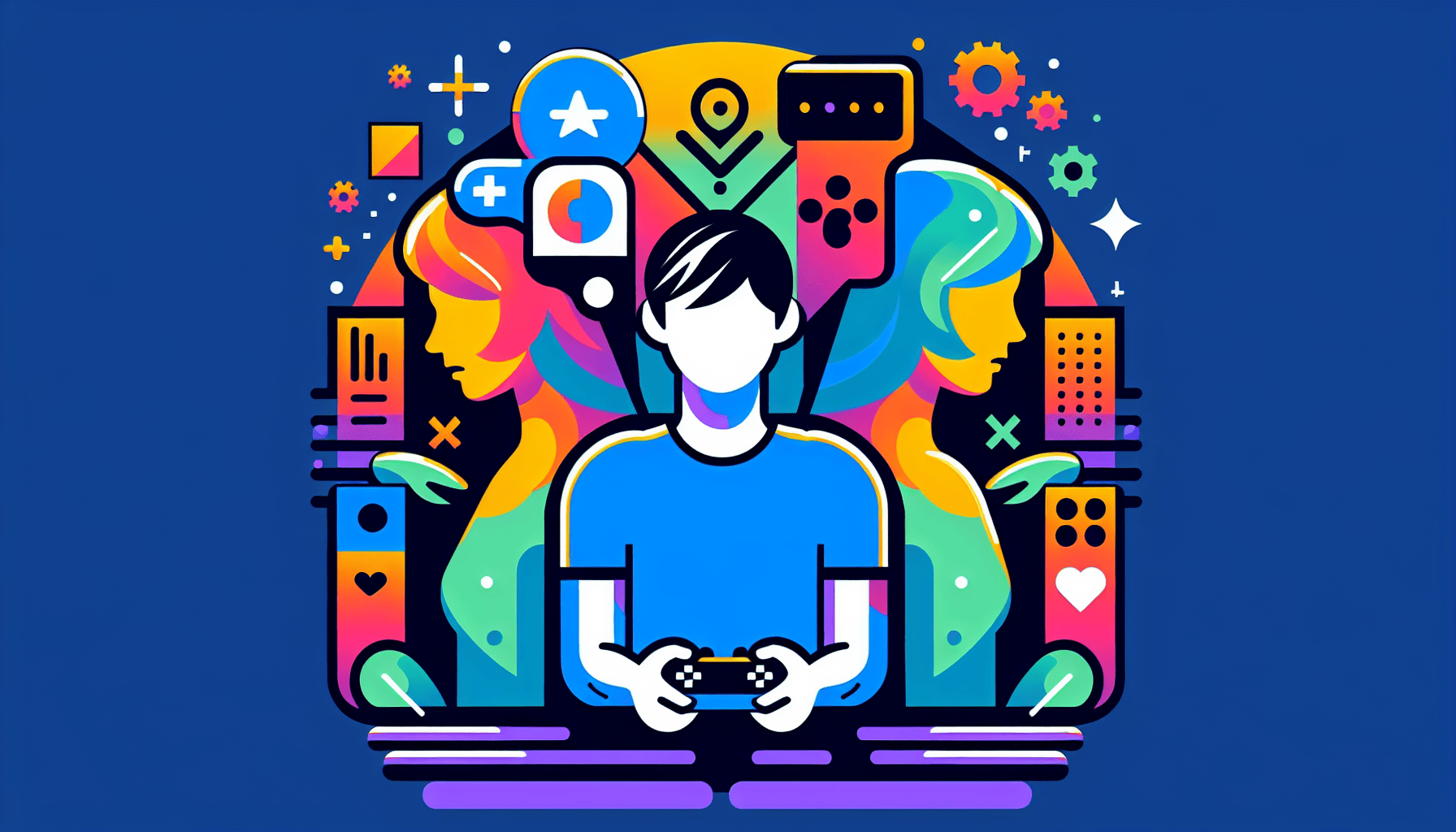Video games have been a popular form of entertainment for nearly 50 years, but as gaming has become more prevalent, concerns about its potential harms have grown. While most people can enjoy gaming as a hobby, for some, it can become an addiction that negatively impacts their lives. In this article, we'll explore the signs and symptoms of video game addiction, how to prevent problem gaming, and treatment options for those struggling with gaming disorder.
What is Video Game Addiction?
Video game addiction, also known as gaming disorder, is a condition characterized by excessive and compulsive gaming that interferes with daily life. While experts are still studying the effects of problem gaming, the World Health Organization has recognized gaming disorder as a mental health condition in its International Classification of Diseases.
Signs and Symptoms of Video Game Addiction
If you or someone you know exhibits five or more of the following signs within a year, it may indicate a problem with video gaming:
Thinking about gaming constantly
Feeling distressed when unable to play
Needing to spend increasing amounts of time gaming to feel satisfied
Being unable to reduce or stop gaming
Losing interest in other activities once enjoyed
Experiencing problems at work, school, or home due to gaming
Continuing to game despite these problems
Deceiving others about the amount of time spent gaming
Using gaming to escape from negative moods or feelings
It's important to note that not everyone who plays video games frequently has an addiction. However, if gaming is causing significant problems in your life or the life of someone you care about, it may be time to seek help.
Preventing Video Game Addiction
To help prevent problem gaming, consider the following tips:
Set clear time limits for gaming and stick to them
Keep gaming devices out of the bedroom to avoid late-night playing
Engage in other activities daily, including exercise, to reduce the health risks associated with prolonged sitting and gaming
For children, ensure they are only playing age-appropriate games
Treatment Options for Video Game Addiction
If you or someone you know is struggling with video game addiction, seeking help from a mental health professional is crucial. Cognitive Behavioral Therapy (CBT) is one effective treatment option that helps individuals replace thoughts about gaming with healthier alternatives. For parents of children with gaming addiction, a therapist can provide guidance on setting appropriate limits and boundaries.
Remember, addressing video game addiction is a process that requires patience and support. By recognizing the signs, taking steps to prevent problem gaming, and seeking help when needed, it is possible to overcome gaming disorder and lead a balanced, fulfilling life.
Additional Resources
The Bottom Line
Gaming becomes problematic when it consistently interferes with sleep, work, or relationships for over a year, but structured therapy can help restore balance without requiring complete gaming elimination. Setting clear time boundaries and maintaining other activities are key to prevention. If you're struggling with gaming control or experiencing withdrawal symptoms when not playing, Doctronic can help you understand your options and find appropriate support.


